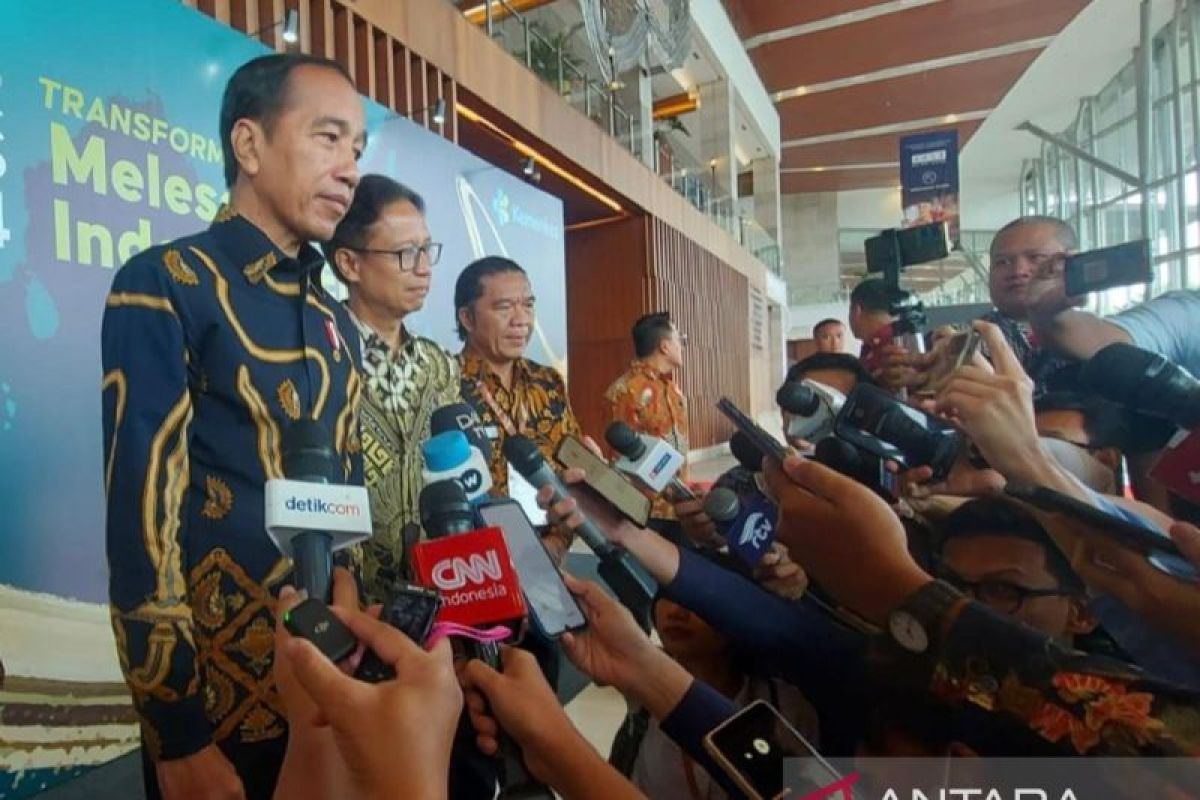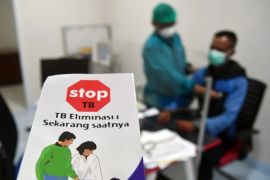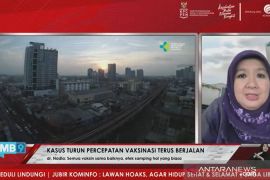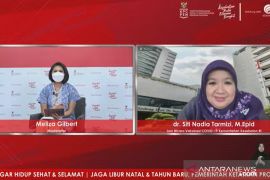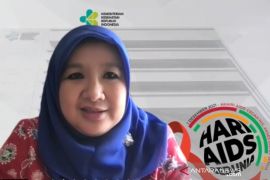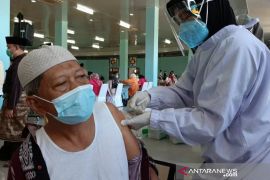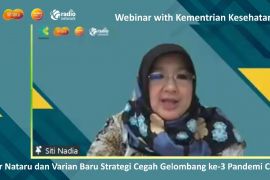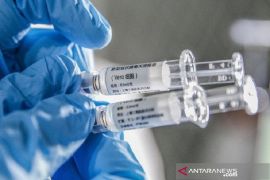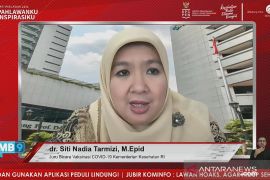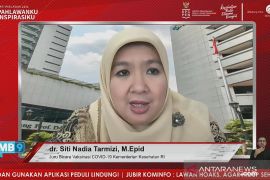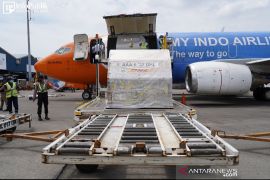"I learned that many hospitals do not have certain specialists related to, for example, MRI, cath lab, and for mammogram," he remarked after attending the 2024 National Health Working Meeting in South Tangerang, Banten, on Wednesday.
On the occasion, the head of state highlighted the lack of doctors and specialist doctors as the biggest problem in the health sector in Indonesia.
Referring to data from the World Health Organization (WHO) in 2019, Jokowi pointed out that Indonesia only had 0.47 doctors per 1,000 population, or below the WHO standard of one doctor per 1,000 population.
Hence, he stated that Indonesia will revise the Health Law in 2023, which will, among other things, simplify the education system for prospective specialist doctors.
"At the universities' level, we will open as widely as possible opportunities for specialist education while still paying attention to the qualifications and screening," he remarked.
Earlier, Head of the Communications and Public Services Bureau of the Ministry of Health Siti Nadia Tarmizi emphasized the importance of equal distribution of medical and health personnel in the country in providing access to health services for the community.
She remarked that such efforts had been made, including the provision of three thousand scholarships for health human resources by the Indonesia Endowment Fund for Education Agency (LPDP) and the Health Ministry.
Tarmizi stated that the scholarship is intended to attract general practitioners to take up specialist education, since 30 out of 38 provinces in Indonesia still face a shortage of specialist doctors.
Apart from scholarships, her side also launched hospital-based education to produce more medical personnel for more equal distribution of health human resources.
"We hope more hospitals can support this program, not only the government's hospital but also private hospitals or SOE hospitals to develop the hospital-based education process," she stressed.
Moreover, the ministry has simplified registration for Practice Permits (SIP) and Registration Certificates (STR) for doctors.
"All of these efforts are followed by support for the Indonesian diaspora to return to the country and helps their adaptation and process to return to work here," she remarked.
Related news: Ministry introduces programs to address specialist doctor shortage
Related news: Indonesia still needs 30,000 specialist doctors: ministry
Translator: Yashinta Difa P, Resinta Sulistiyandari
Editor: Rahmad Nasution
Copyright © ANTARA 2024
